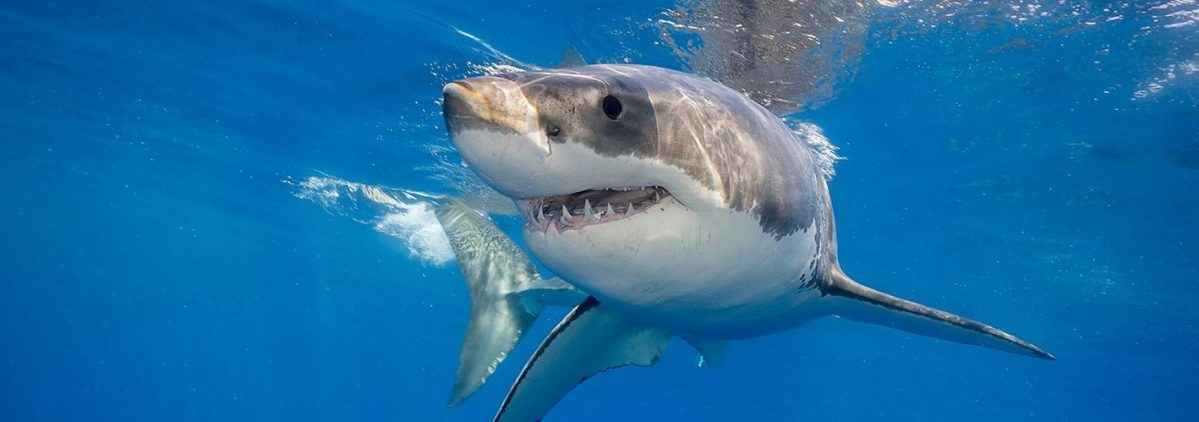Amid reports of increased shark sightings on the California coast, Hawaiian big wave surfer Laird Hamilton has his own—completely unproven and unscientific—theory about how to prevent bites: Don’t be a menstruating woman.
“Most shark attacks are not fatal, it’s usually a case of mistaken identity. The biggest most common reason to be bitten is a woman with her period,” Hamilton told TMZ.
“Obviously if a woman has her period there’s a certain amount of blood in the water,” Hamilton continues, saying: “It’s kind of like running around with a lightning rod and wondering why you were stuck by lightning.”
Marie Levine, the executive director of the Shark Research Institute in New Jersey, dismisses Hamilton’s claim as having zero merit. “There’s absolutely no foundation to such a claim,” Levine told RealClearLife. “I’ve been diving with sharks for 40 years, and many times I’ve had my period, and they’ve shown no special interest in me, ever.”
The evidence isn’t just anecdotal. Dr. Steve Kajiura of Florida Atlantic University’s Shark Lab told Vice in 2016 that there “isn’t evidence” that sharks attack menstruating women more than any other human. Sharks aren’t as interested in blood as they are amino acids, Popular Science points out, which they find in the marine animals sharks have evolved to eat.
Even if sharks smell human sweat, tears, urine, or the cervical mucus found in menstrual blood, that doesn’t mean they’re interested.
“You can smell a landfill, but it won’t make you want to eat it,” Kaijura said.
But with summer just around the corner, media hype over shark attacks is predictably on the rise, an ideology Levine says is a threat to the global ecosystem.
“We don’t need all of this scare mongering,” said Levine, “Millions of sharks are killed [each year] for shark fin soup.”
It’s important enough of an issue that members of Congress are trying to combat it. Earlier this year, California Republican Ed Royce introduced The Shark Fin Sales Elimination Act to Congress, the Los Angeles Times reported. The bill proposes putting a stop to the buying, selling, and possessing of shark fins throughout the U.S., where 40 of 50 states are still able to purchase fins.
“It’s an appalling waste of a natural resource that we need to protect,” said Levine, who was also a friend of Jaws author Peter Benchley. Benchley, an avid SCUBA diver who died in 2006, used what he later called his “fish story” to promote oceanic conservation throughout his life. Levine said her friend had this to say about society’s damnation of sharks: “Why don’t people remember that they bought my book in the fiction section?”
“Because that’s what it was,” Levine recalled. “It was just a good story. But it wasn’t true.”
This article appeared in an InsideHook newsletter. Sign up for free to get more on travel, wellness, style, drinking, and culture.



















